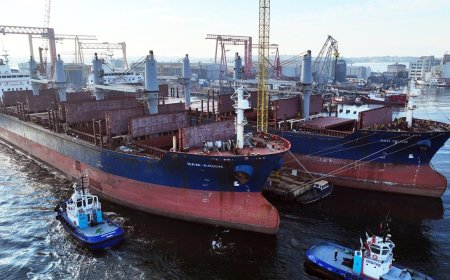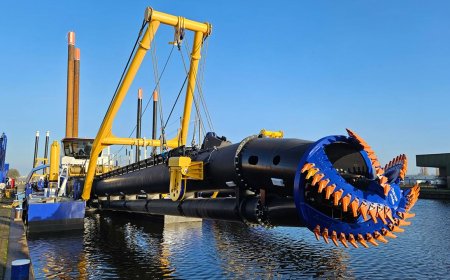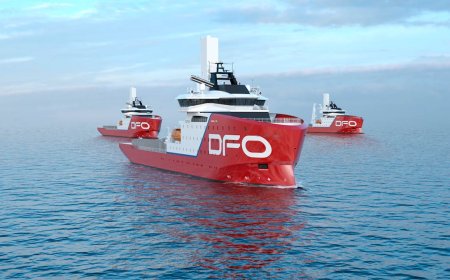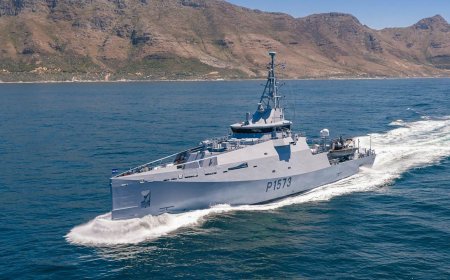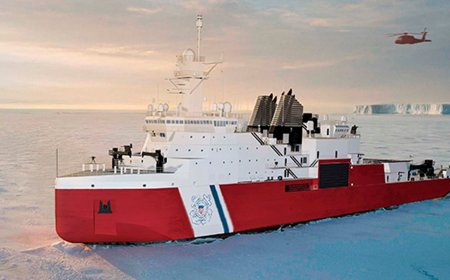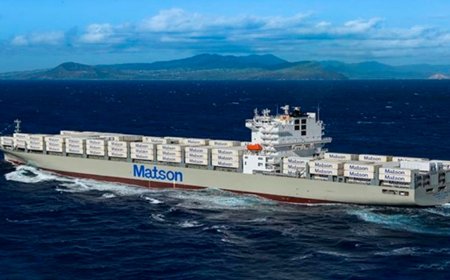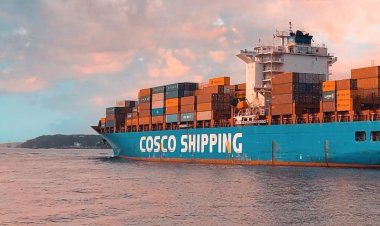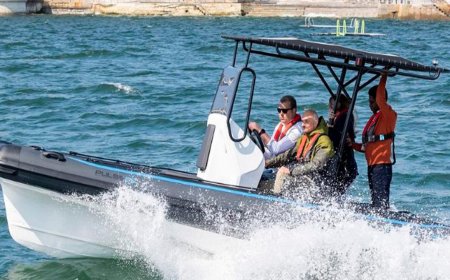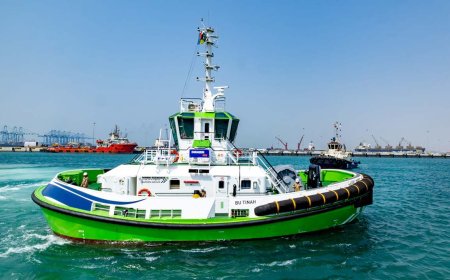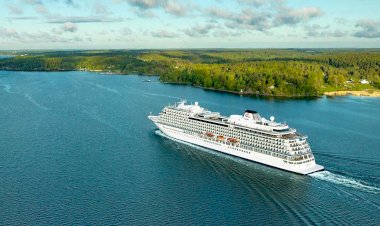Wärtsilä to accelerate Stena Line’s decarbonisation journey through methanol conversions
Technology group Wärtsilä has been contracted by Swedish ferry operator Stena Line to carry out and convert some of its vessels to operate with methanol fuel.
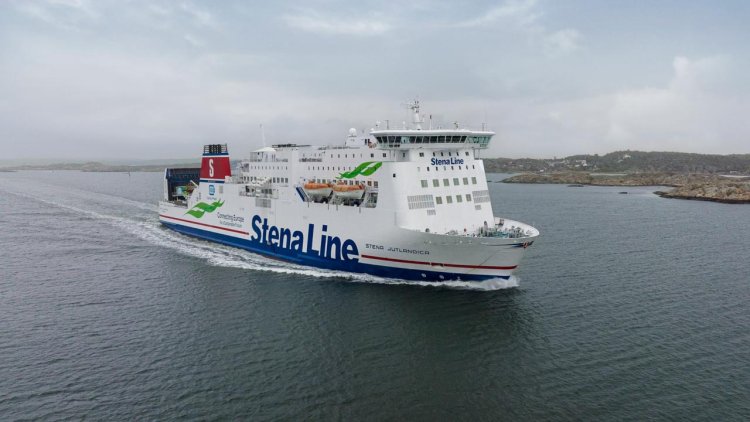
As methanol is one of the key components of decarbonisation in the maritime industry, this contract will equip the vessels with unmatched fuel flexibility, thus marking an important milestone in Stena Line’s journey towards becoming a leader in sustainable shipping.
The conversions will include the fuel supply system and engine modifications, as well as integrating the new installations with the ships’ existing systems. The contracts were booked as order intake by Wärtsilä in June 2023.
Converting ferries for methanol fuel will enable them to be compliant with various existing and upcoming regulations, including the Carbon Intensity Indicator (CII), FuelEU Maritime, and IMO 2050 GHG reduction target.
"As we continue to implement our strategy to decarbonise all our operations, we see methanol as a viable alternative fuel that will help us achieve this ambition. Wärtsilä has proven its capabilities to carry out the necessary conversions. This was shown eight years ago when they converted the Stena Germanica to operate with methanol, and our experience from this ground-breaking innovation has been very positive," said Ian Hampton of Stena Line.
"We have had close cooperation with Stena Line for many years and we are pleased to be supporting them again in this important conversion project. Like Stena Line, Wärtsilä is committed to making decarbonised shipping operations a reality, and we have invested heavily in developing our engine portfolio to be capable of utilising carbon neutral and zero carbon fuels," commented Roger Holm, President of Wärtsilä’s Marine Power business.
The full scope of Wärtsilä’s supply package will include fuel tank instrumentation and valves, transfer pumps, low pressure pump skid, fuel valve trains, Methanol Fuel Pump Units and the automation of the system, engine conversions, and automation upgrade for the engine control room.
